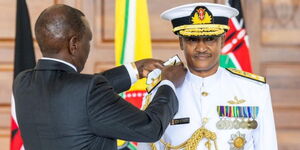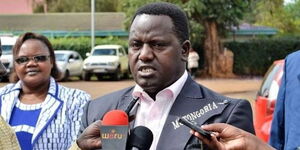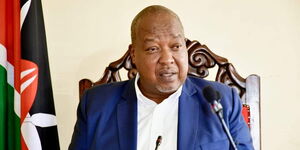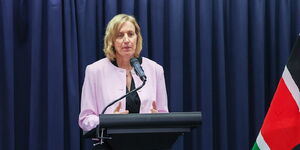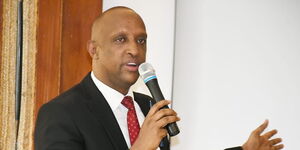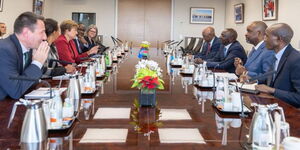A new study by the global affairs and development think tank ODI has exposed the failure of some developed countries to remit their biodiversity funds.
The report stated that only two of 28 developed countries contributed their fair share of an internationally agreed commitment to provide Ksh2.7 trillion ($20 billion) per year in biodiversity finance to developing countries.
Some developing countries need funding to help halt and reverse biodiversity loss across the planet.
“Failing to reach the target undermines the UN Convention on Biological Diversity and damages trust. But far more importantly, this failure represents a genuine threat to our shared prosperity, livelihoods, economies and health."
"We hope this report serves as a wake-up call for high income countries to fulfil their obligations – their contributions to biodiversity finance are critically important and must increase,” Laetitia Pettinotti, Lead Author and Research Fellow at ODI explained.
In the landmark 2022 Kunming-Montreal Global Biodiversity Framework (GBF), the world agreed to ambitious targets to combat biodiversity loss.
To help achieve the goal, developed countries agreed to collectively contribute at least $20 billion per year to developing countries by 2025.
“The world is already spending $1.8 trillion each year on subsidizing industries that are destroying nature. The pledge of $20 billion a year is equivalent to only 1.1%, or about four days, of those subsidies. Wealthy governments have no excuse but to act with greater urgency to deliver on the promise that they made at COP15 to deliver finance to poorer countries by 2025,” Mary Robinson, the former President of Ireland, said.
The report’s calculations took into account countries’ historical impact on biodiversity, their ability to pay and population size in calculating what they should pay.
The findings showed that Norway and Sweden were the only countries providing more than their fair share, Germany and France were providing 99% and 92% respectively and Australia was at 74% of its fair share.
The UK, Canada, New Zealand, Italy and Spain are among the rich countries contributing less than half their fair share of nature finance to needy nations.
Towards the tail end of 2023, President William Ruto made a desperate call to the International Monetary Fund (IMF) to borrow Ksh83.89 billion to help Kenya absorb the shocks of climate change.
In the above deal between President Ruto and officials from the IMF, Kenya committed to increasing its forest cover to more than 10 million hectares.
Ruto is among African leaders pushing the World Bank to increase funding for mitigating climate dangers in African nations.

